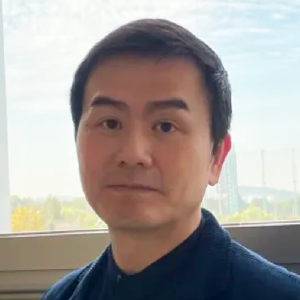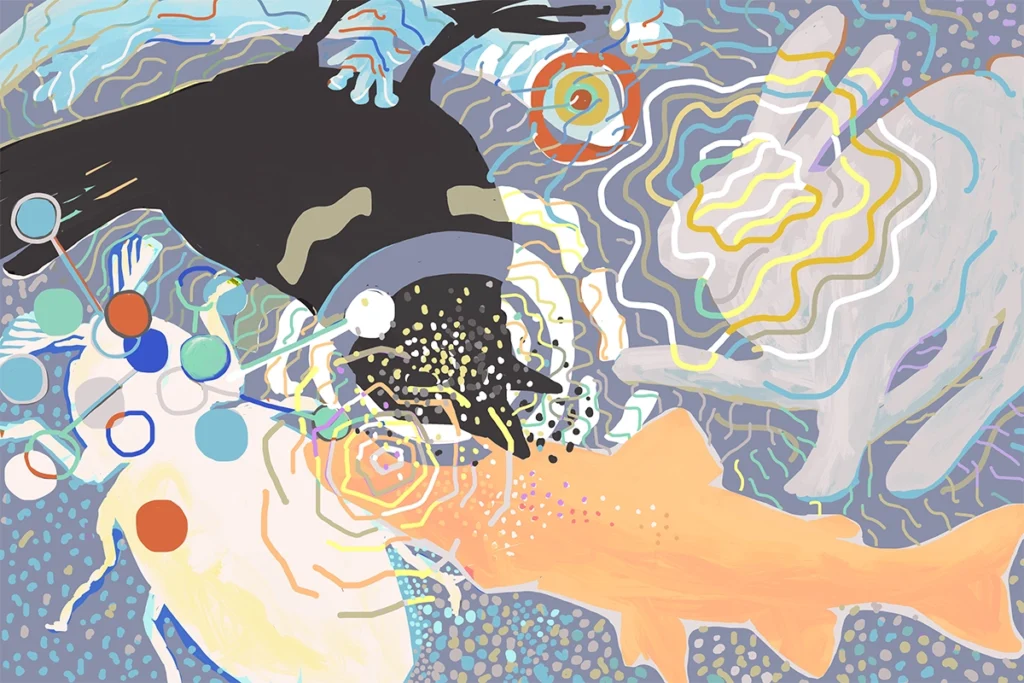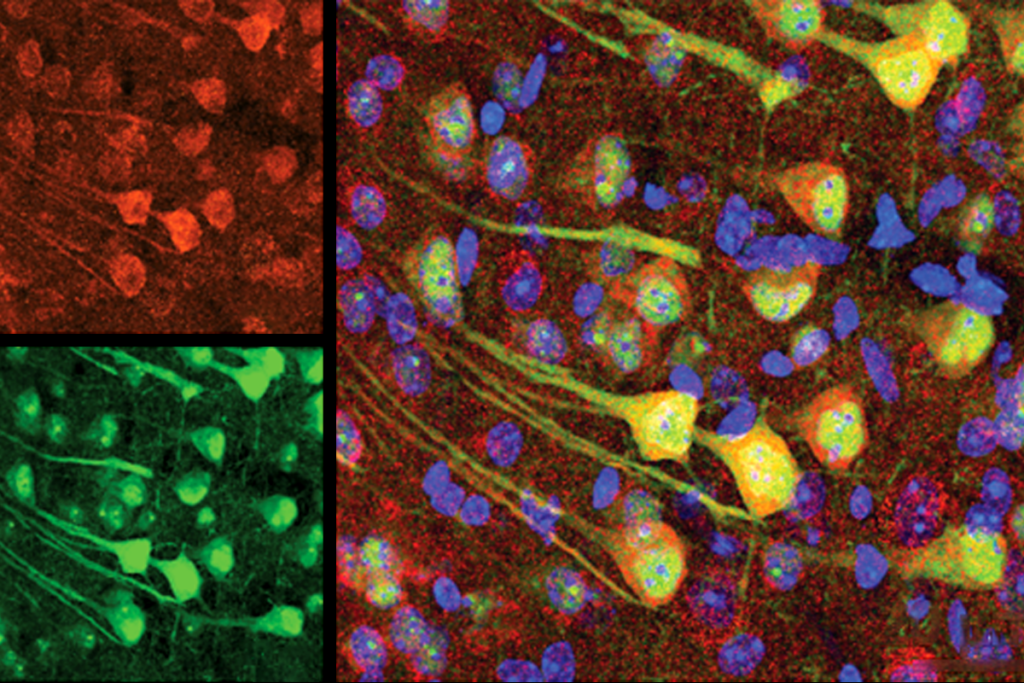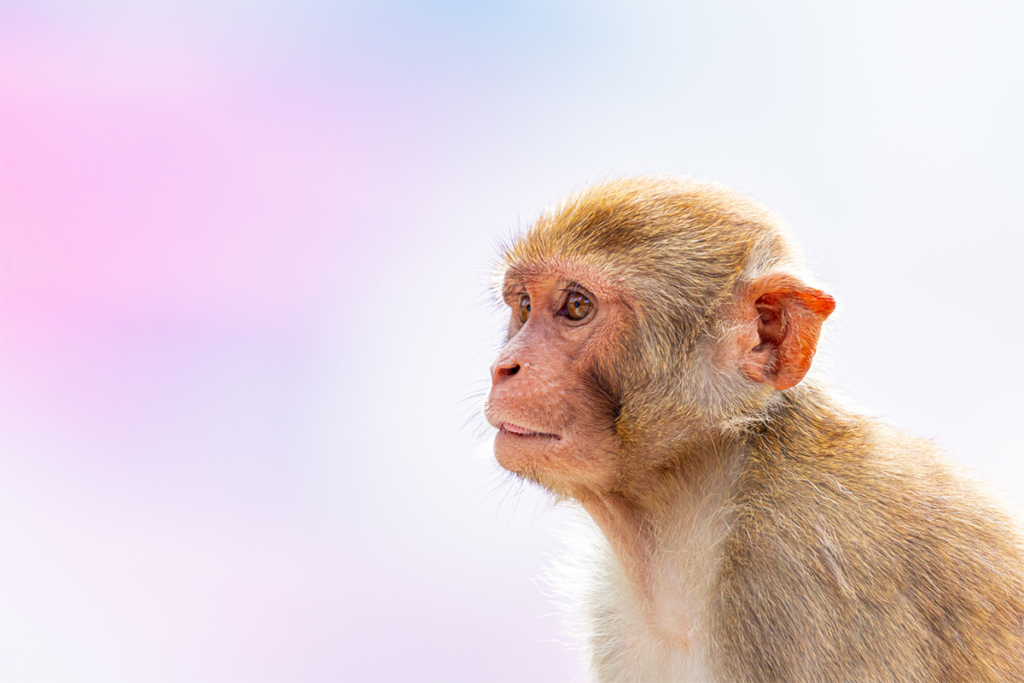Hakwan Lau is co-director of the Center for Neuroscience Imaging Research and professor of biomedical engineering at Sungkyunkwan University. He is supported by the Institute for Basic Science in Korea. Previously he worked at the RIKEN Center for Brain Science; the University of California, Los Angeles; Columbia University and University College London. He obtained his D.Phil. in 2005 from Oxford University, and his undergraduate degree in 2001 from the University of Hong Kong, where he studied philosophy and cognitive science. He is the author of “In Consciousness We Trust,” an open-access academic monograph.

Hakwan Lau
Professor of biomedical engineering
Sungkyunkwan University
From this contributor

Premature declarations on animal consciousness hinder progress
Selected articles
- “Where is the ‘posterior hot zone’? Open review of Ferrante et al. (2023): “An adversarial collaboration to critically evaluate theories of consciousness” (by the ARC-Cogitate Consortium)” | PsyArXiv
- “Multivoxel pattern analysis reveals dissociations between subjective fear and its physiological correlates” | Molecular psychiatry
- “Should a few null findings falsify prefrontal theories of conscious perception?” | Journal of Neuroscience
- “Towards an unconscious neural reinforcement intervention for common fears” | PNAS
Explore more from The Transmitter
Interneurons’ role in epilepsy, and more
Here is a roundup of autism-related news and research spotted around the web for the week of 9 February.

Interneurons’ role in epilepsy, and more
Here is a roundup of autism-related news and research spotted around the web for the week of 9 February.
Aging neurons outsource garbage disposal, clog microglia
Degradation-resistant proteins pass from neurons to glial cells in a process that may spread protein clumps around the brain, according to a study in mice.

Aging neurons outsource garbage disposal, clog microglia
Degradation-resistant proteins pass from neurons to glial cells in a process that may spread protein clumps around the brain, according to a study in mice.
Oregon primate research center to negotiate with NIH on possible transition to sanctuary
The board of directors at Oregon Health & Science University, which runs the primate center, voted unanimously in favor of the move.

Oregon primate research center to negotiate with NIH on possible transition to sanctuary
The board of directors at Oregon Health & Science University, which runs the primate center, voted unanimously in favor of the move.